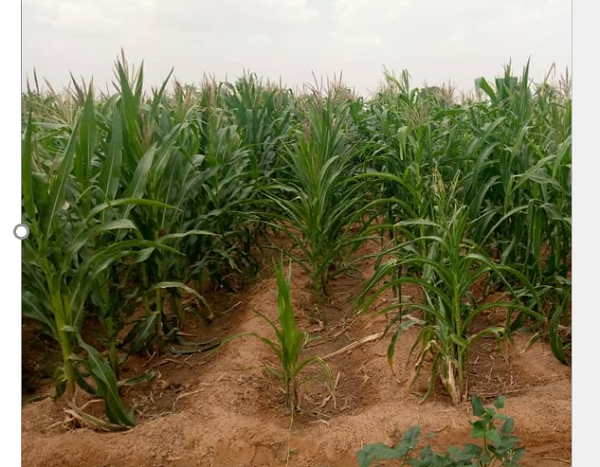
The National Biosafety Management Agency (NBMA) has emphasised that the recently commercialized TELA maize is safe for Nigerians to plant and consume.
The agency’s position follows a comprehensive risk assessment and analysis to ensure that TELA Maize is safe for human health and the environment. The application for TELA Maize underwent thorough examination by two committees of experts and scientists from various relevant agencies and academic institutions, including the National Agency for Food and Drug Administration and Control (NAFDAC), Standard Organisation of Nigeria (SON), Nigerian Agricultural Quarantine Service (NAQS), Federal Competition and Consumer Protection Commission (FCCPC), the National Agricultural Seed Council (NASC), among others. These professionals confirmed that TELA Maize meets strict safety standards and poses no adverse risks.
The NBMA also addresses misleading claims that TELA Maize is fake or laced with insecticides/pesticides, asserting that these allegations lack scientific evidence and are meant to create unnecessary fear. Developed by Nigerian scientists at the Institute for Agricultural Research (IAR), TELA Maize was designed to reduce pesticide use while increasing productivity, thus offering better health benefits.
Nigerians can be assured that TELA Maize is as safe as its organic or conventional counterparts, free from harmful chemicals or insecticides. The NBMA operates independently, basing its decisions on scientific evidence, international best practices, and the well-being of Nigerians. TELA Maize, modified for insect resistance and drought tolerance, has been rigorously assessed for environmental exposure, nutritional composition and potential impacts on biodiversity.
The NBMA encourages Nigerians to remain calm and trust the rigorous evaluation process. TELA Maize, approved based on scientific evidence, offers significant benefits to farmers.
Head of information and communications at NBMA, Gloria Ogbaki reaffirmed the agency’s commitment to the health and safety of Nigerians, promoting open dialogue, scientific literacy, and evidence-based discussions. Together, these efforts aim to ensure food security, sustainable agriculture, and informed decision-making in Nigeria.


